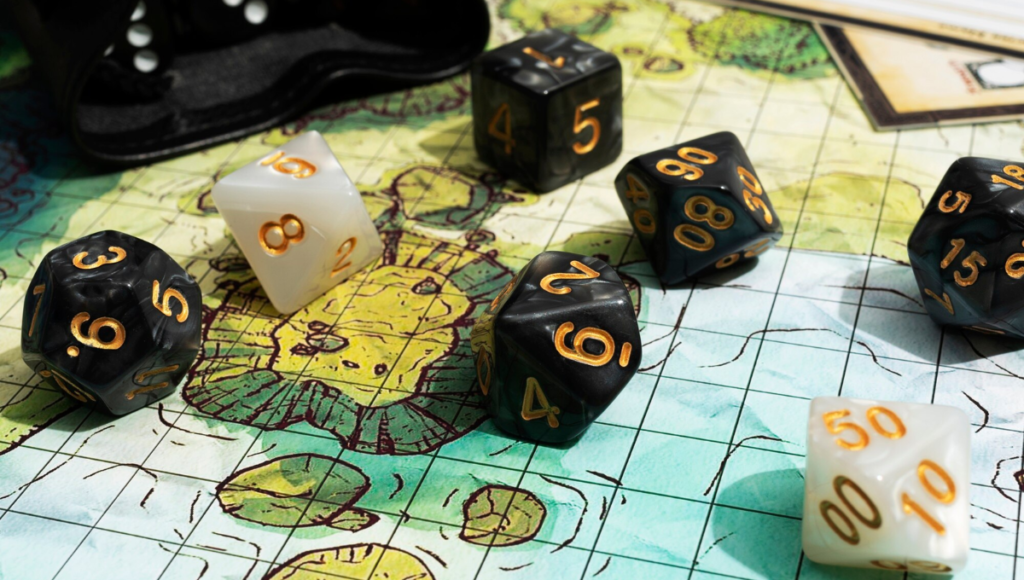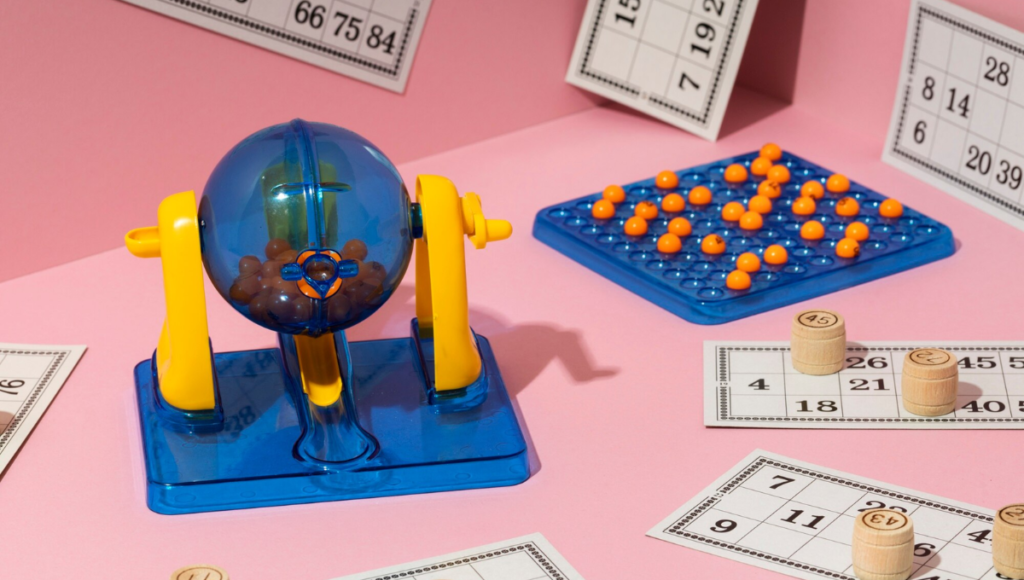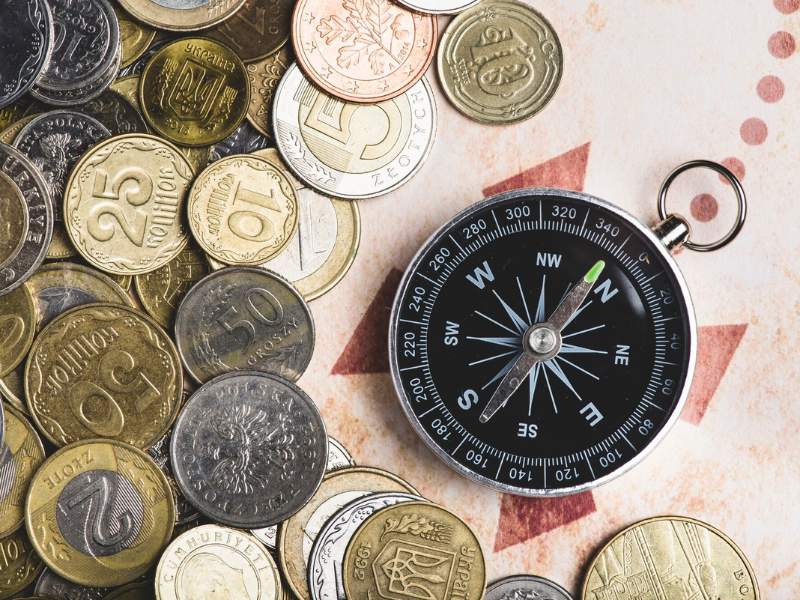Introduction
In recent years, we have seen the emergence of a number of unique fields of study, one of which is “lotology.” While the term may sound unfamiliar to most, it is rapidly gaining attention in various academic and professional circles. If you’ve found yourself wondering what exactly lotology is and how it might impact our daily lives, you’re not alone. In this article, we will take a deep dive into the subject, exploring its meaning, key concepts, applications, and much more.
By the end of this guide, you’ll have a solid understanding of lotology, its relevance, and why it could be an essential field to watch in the future.
What is Lotology?
Lotology is the study and analysis of patterns and structures within the random or semi-random allocation of elements, typically in fields like social sciences, economics, and decision-making processes. Derived from the Latin word lotus, meaning “chance” or “fate,” lotology looks at how randomness and chance influence outcomes in various contexts.
Unlike traditional disciplines that focus on predictable systems, lotology embraces the unpredictable, often studying phenomena that arise from chance, randomness, or incomplete information. The key aim is to understand how these factors shape our decisions, behaviours, and the outcomes of our actions.
In its broadest sense, lotology may be applied to areas such as:
- Randomized Controlled Trials (RCTs): In medical and social research, where outcomes are often subject to random assignments.
- Lotteries: Understanding how chance affects the distribution of winnings in lotteries or gambling.
- Data Science and Analytics: Exploring how randomness plays a role in big data and predictive modelling.
The Key Principles of Lotology
Lotology hinges on a few core principles. Let’s take a look at these foundational concepts:
1. Chance and Randomness
The foundation of lotology rests on the principle that random events or outcomes can be studied, understood, and even predicted to some extent. Whether it’s a lottery ticket or a random sampling method in research, understanding how these events unfold is a key part of lotology.

2. Probability Theory
Lotology heavily incorporates probability theory to evaluate how likely certain outcomes are based on chance. In its simplest form, this involves the calculation of odds, probabilities, and statistical likelihoods of various events occurring.
3. Random Allocation and Distribution
In many contexts, whether in economics, game theory, or decision science, lotology examines how resources, opportunities, or outcomes are distributed randomly or semi-randomly. This could involve the allocation of goods, services, or even social benefits based on chance.
4. Human Behaviour and Decision Making
Lotology doesn’t just focus on the mathematical aspects of randomness but also examines how people respond to random events. For instance, how does knowing that chance plays a role influence a person’s decisions? Are we more likely to take risks when the outcome seems random?
Must read: #1 Why You Should Invest in a Solar Generator: Overcoming Battery Anxiety Outdoors
Practical Applications of Lotology
1. Healthcare and Clinical Trials
In healthcare, randomised controlled trials (RCTs) are a crucial part of developing new treatments or medications. Lotology plays an essential role here in understanding how random selection of participants and random assignment of treatments can lead to different outcomes. Researchers use these principles to ensure fairness and accuracy in their findings.
2. Social Sciences and Economics
Lotology is also gaining ground in social sciences, particularly in the study of behaviour under uncertain or unpredictable conditions. From economic models that predict the randomness of stock markets to studying randomised benefits programs, lotology provides valuable insights into how randomness affects societal systems.
3. Gaming and Gambling
The most direct application of lotology can be seen in the gaming industry, especially with lotteries, casino games, and gambling. Lotology helps to understand how random outcomes affect people’s strategies and behaviours. Whether it’s a slot machine, a roulette wheel, or a bingo game, understanding the randomness behind these games is a key part of their appeal and function.

4. Data Science and Artificial Intelligence
In the field of data science and AI, lotology is often used to explore how randomness affects algorithms and decision-making processes. Whether it’s predicting future trends, studying machine learning outcomes, or modelling random events, this branch of lotology provides insight into how random data points can be used for more accurate predictions.
Benefits of Studying Lotology
1. Improved Decision-Making
By understanding how randomness works, decision-makers in various industries can make better, more informed choices. In medicine, this might mean knowing how random variation can affect clinical outcomes. In economics, it could lead to better risk management strategies.
2. Enhanced Predictive Modelling
Lotology’s application to data science has revolutionised predictive modelling. By incorporating randomness into predictive algorithms, models can more accurately forecast real-world outcomes in uncertain environments.
3. Uncovering Hidden Patterns
By studying how random events unfold, lotologists can often uncover hidden patterns in complex systems that traditional methodologies may miss. These patterns can be critical in areas like market research, social behaviour studies, or political analysis.
Lotology in Modern Research and Future Trends
While still an emerging field, lotology is already influencing many research areas. As the world becomes increasingly unpredictable and reliant on big data, the demand for understanding how chance and randomness shape outcomes will continue to grow.
The Future of Lotology
The future of lotology is bright, especially as technology advances. In the coming years, we can expect to see more sophisticated AI and machine learning models that incorporate randomness into their predictions. This could lead to innovations in fields ranging from personalised medicine to climate science.

Table of Aspects of Lotology
| Aspect | Description | Key Areas of Application |
|---|---|---|
| Core Concept | The study of randomness and chance in various systems | Healthcare, Economics, Social Sciences, Gambling, AI |
| Key Principles | Probability theory, random allocation, human decision-making | Predictive Modelling, Risk Assessment, Decision Making |
| Current Trends | Increased application in AI, data science, and healthcare | Medical Trials, Big Data Analysis, Market Prediction |
| Future Trends | Advancements in machine learning and AI incorporating randomness | Predictive Algorithms, Personalised Medicine, Risk Modelling |
Frequently Asked Questions (FAQs]
Q1: What is the main goal of lotology?
The main goal of lotology is to study and understand the influence of randomness and chance in various systems, such as decision-making, economics, and healthcare. It aims to uncover patterns and make predictions based on these unpredictable factors.
Q2: How is lotology applied in healthcare?
In healthcare, lotology is often used in randomised controlled trials (RCTs), where treatments or interventions are assigned randomly to patients. It helps to ensure fairness in trials and to assess the real impact of treatments by accounting for random variations in patient responses.
Q3: Can lotology be used in everyday life?
Yes, lotology can be applied in everyday life, especially when making decisions based on uncertainty or randomness. For example, understanding how random events influence your chances in games of chance or making informed decisions in situations where outcomes are uncertain.
Q4: How does lotology relate to data science?
In data science, lotology plays a crucial role in predictive modelling. By incorporating randomness into models, data scientists can create more robust predictions that account for unpredictable elements in real-world data.
Q5: Is lotology a well-established field?
While lotology is still an emerging field, it is gaining traction, especially in areas like data science, healthcare, and economics. As technology evolves, its applications are likely to expand, making it an increasingly important area of study.
Conclusion
Lotology is a fascinating and rapidly developing field that explores the impact of randomness and chance on various systems. By understanding the underlying patterns and principles of randomness, lotology can help improve decision-making, enhance predictive modelling, and uncover hidden insights in complex data. As the world continues to grow more uncertain and reliant on data-driven decisions, the relevance of lotology will only continue to increase.
If you are interested in fields like data science, economics, or healthcare, understanding lotology could provide you with valuable insights that can help you navigate the unpredictable nature of our world.










